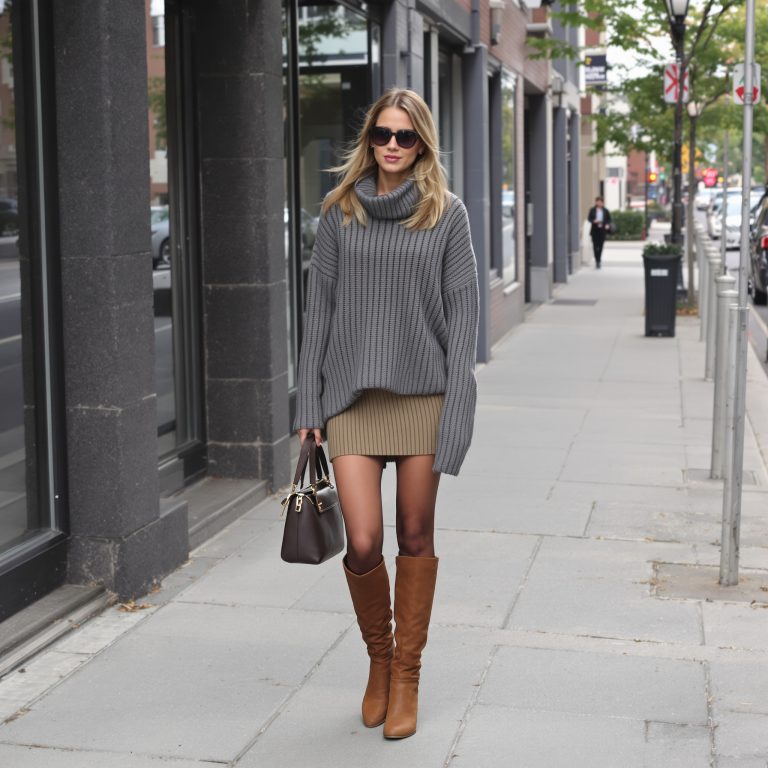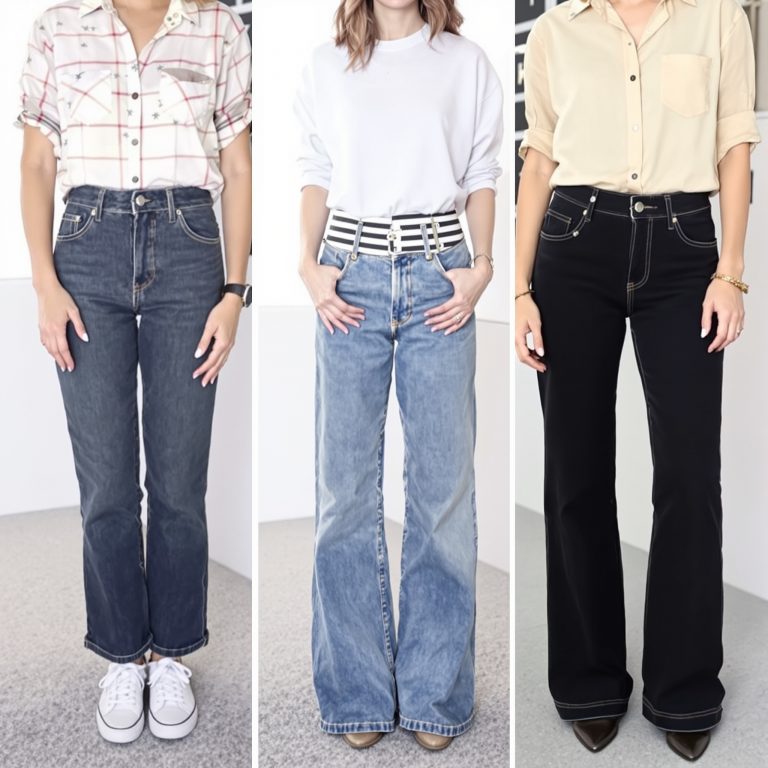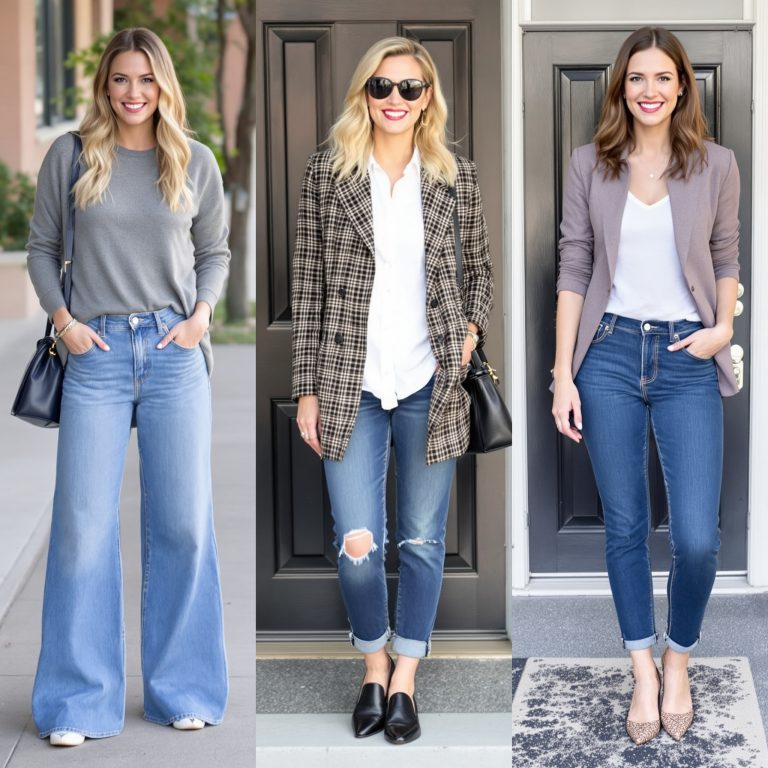Hey babes, it’s Aria 💋, sliding into your feed with a hot take that might just make your therapist roll their eyes. But hear me out: your hoodie knows more about you than they do. Yes, I said it. That soft, slightly stretched piece of fabric you throw on for coffee runs, breakups, late-night Netflix binges, and yes even job interviews over Zoom (don’t lie) is practically your personal diary. And unlike your therapist, your hoodie doesn’t charge by the hour. (Video Summary)

Think about the first thing you reach for when life feels like a hot mess. Odds are it’s not a blazer, a cocktail dress, or even your favorite jeans. It’s your hoodie. Psychologists talk about enclothed cognition the idea that what you wear directly impacts how you feel and behave (Adam & Galinsky, 2012). When you pull on that oversized hoodie, your brain goes, “Ah, safety.” It’s fabric as therapy; comfort stitched into every seam. And unlike awkward small talk in a waiting room, your hoodie never asks, “So, how does that make you feel?”
The Hoodie Personality Test
Let’s play a game: what does your hoodie say about you?
- The Oversized Hoodie: You value comfort over everything. You’re hiding from the world but also low-key hoping someone notices how effortlessly cool you look.
- The Cropped Hoodie: You’ve mastered the balance of cozy and confident. You don’t mind showing a little midriff because vulnerability? You wear it well.
- The Designer Hoodie: Forget subtlety you want the world to know you’ve got taste, cash, or at least a very generous credit card limit.
- The Vintage Hoodie: Thrifted, stained, maybe even stolen from an ex. You’re nostalgic, sentimental, and yes maybe a little messy. But in a good way.
Psychologists would call these “identity signals.” I call them free personality assessments.
Hoodies and the Social Armor Effect
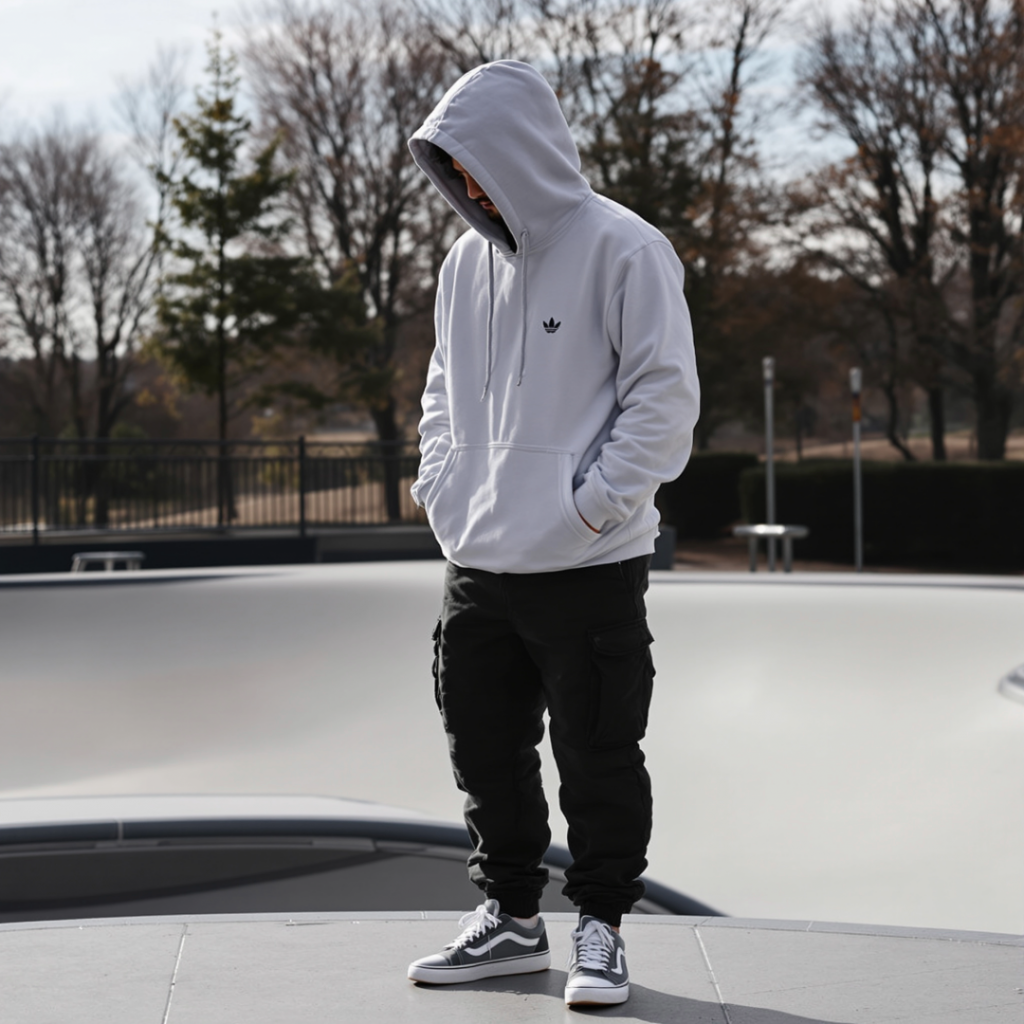
According to Social Identity Theory (Tajfel & Turner, 1979), we align ourselves with groups based on how we want to be seen. Hoodies are walking billboards for this. Band tour hoodies. You’re telling the world what music raised you. Political slogan hoodie? Now we know your ideology. A plain black hoodie? You’re mysterious or at least trying to be. Hoodies let us curate identity without speaking a word, which, honestly, is better than oversharing in therapy.
The Hoodie in Pop Culture: From Villain to Hero
Let’s not forget how hoodies have been misunderstood. Remember the “hoodie bans” in malls and clubs back in the 2000s? They were demonized, seen as threatening. Then along came Mark Zuckerberg, making hoodies the uniform of billionaires. Pop culture flipped the script suddenly the hoodie wasn’t rebellion, it was disruption, innovation, and Silicon Valley chic. This shows how fashion carries bias and stigma, and how one garment can swing between menace and genius with just a cultural reframe.
And honestly? That’s a lot deeper than your therapist’s standard, “Have you considered journaling?”
Comfort = Coping Mechanism

A study from Psychology of Fashion found that people often choose clothing to regulate mood. Hoodies are basically wearable coping mechanisms. They give us warmth, anonymity, and a little bubble of control in a world that feels like chaos. Compare that to therapy homework assignments that you definitely didn’t do last week. Which one actually worked? Yeah, thought so.
Streetwear Credibility
Streetwear culture elevated the hoodie from dorm-room staple to high-fashion icon. Supreme made you line up for hours just to get one. Versace sold a hoodie for more than your rent. And collaborations from Nike x Off-White to Balenciaga turned the hoodie into a status symbol. When you wear one of those, you’re not just warm your part of a global community flexing shared culture. It’s not therapy, it’s belonging.
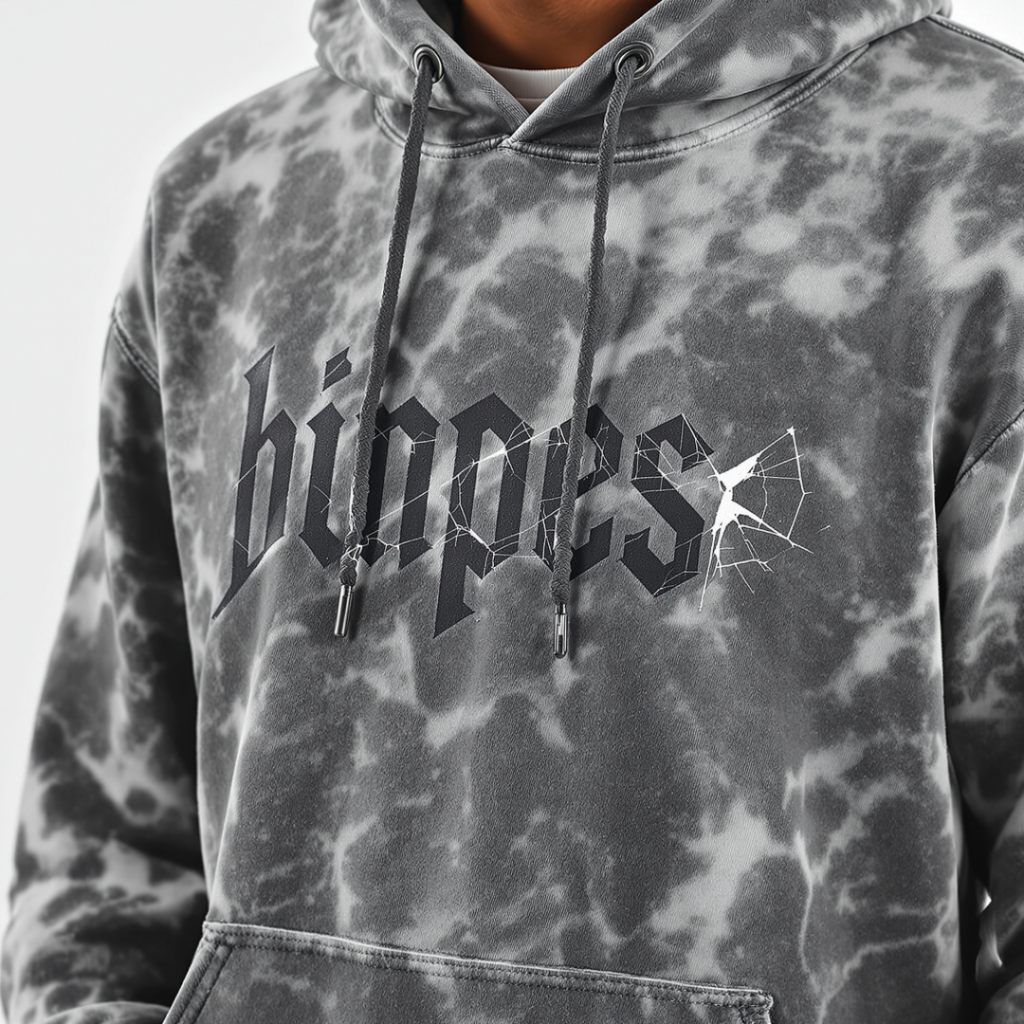
Hoodies as Relationship Status Updates
Tell me if this sounds familiar: you “borrow” a hoodie from someone you’re dating, and suddenly it’s the most important object in your closet. Wearing it feels like a public relationship announcement. Losing it after a breakup? Tragedy. Hoodies are relationship milestones, emotional souvenirs that carry more meaning than a therapist’s bland advice about “setting boundaries.”
The Hoodie Knows Your Secrets
The truth is, your hoodie remembers things you’d rather forget. That one still smells faintly like your high school perfume. Another has stains from that road trip with your best friends. One is stretched out because you cried into it for hours. Each hoodie carries memories woven into the fibers. Therapy asks you to revisit those moments; your hoodie just holds them quietly, no judgment.
But Let’s Be Real… Therapy Still Matters

Okay, before you cancel your next session and crown your Champion hoodie your new shrink, let’s get serious. Hoodies comfort you, but they can’t unpack trauma. They can’t help you navigate mental health challenges or heal old wounds. They’re powerful symbols, not actual solutions. What they do offer is a bridge: a way to feel safe enough to face whatever’s next whether that’s therapy, a breakup, or just another Monday morning.
Wrapping It Up in Style
So yes, your hoodie probably knows more about your late-night spirals than your therapist does. It’s been there for the ugly cries, the lazy Sundays, the hype concerts, and the political rallies. But maybe that’s the point: hoodies don’t analyze you they just hold you. They let you be messy, human, and unfiltered in a way therapists can’t. And isn’t that what love feels like?
So go ahead wear your hoodie like the badge of identity, comfort, and rebellion that it is. And next time your therapist asks how you’re doing, maybe just point to your hoodie and say, “It knows.”
Hugs and kisses,
Aria 💋



